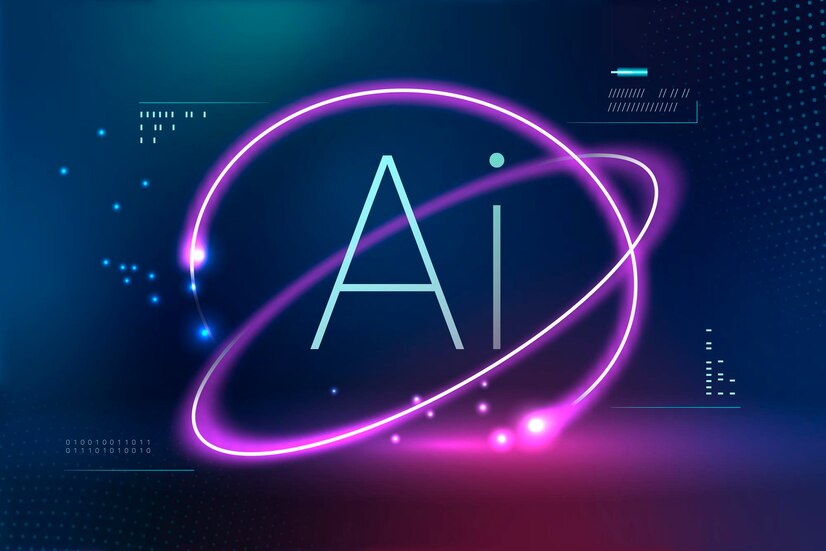.entrepreneurship22 August 11:01
0<
Tech-Driven Transformations: Unraveling the Influence of New Technologies on Employment
/>Discover how new technologies are revolutionizing the job market and shaping employment trends. Explore the impact of automation, AI, and innovation on careers and learn how employers can adapt and thrive in the digital age. be updated on the latest tech newsGet exclusive news updates and overview on tech market




